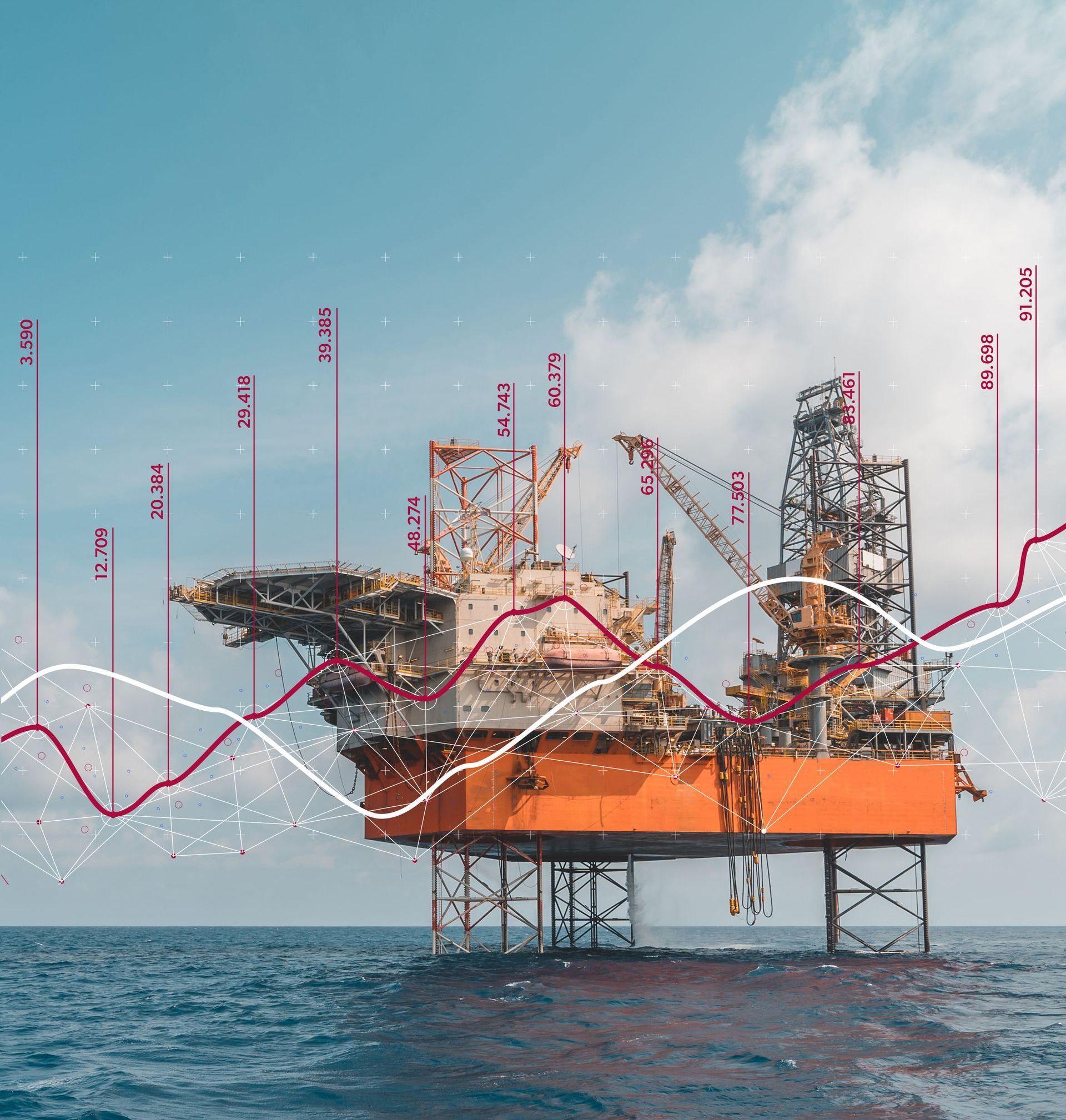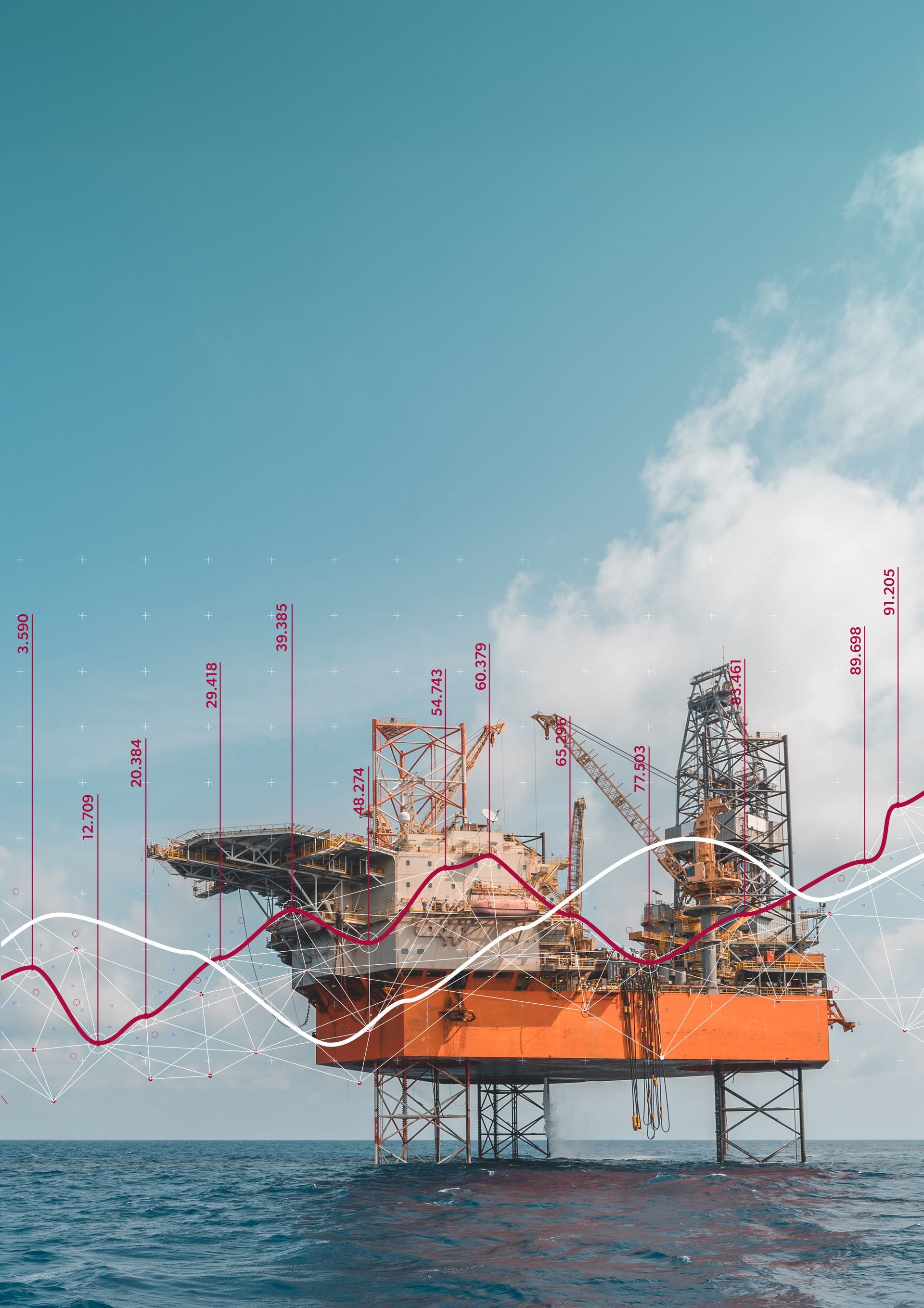The end of equivocation?
Russia miscalculated on its war’s speed; West may be doing so with transition?
Until the Russia–Ukraine War, governments were largely concerned with balancing two incompatible goals: keeping energy cheap while supporting the production of low-carbon alternatives that policymakers had hoped would one day be able to compete with oil and gas on their own.
Left unsaid was the challenge of how this goal will be achieved, especially on a timeline of less than 30 years. That was a problem for the next decade’s leaders. The collapse of Europe’s energy relationship with Russia has demolished the hope of keeping energy cheap.
So does this mean expensive renewables will get even less support moving forward? Or will higher energy costs instead become easier for politicians to swallow?
Recently, we released a pragmatic review analysing how Western sanctions on Russian energy supplies will affect global efforts toward decarbonisation.
The economic and political impacts of Russia’s invasion of Ukraine have shifted the balance of power in the energy “trilemma” that faces policy experts and decision makers, as previously assumed Russian energy supplies have evaporated. This has triggered a rapid evolution in the relationship between environmental sustainability, energy costs and energy security, which form the three pillars of transition policy and investment debates.
Related insights






